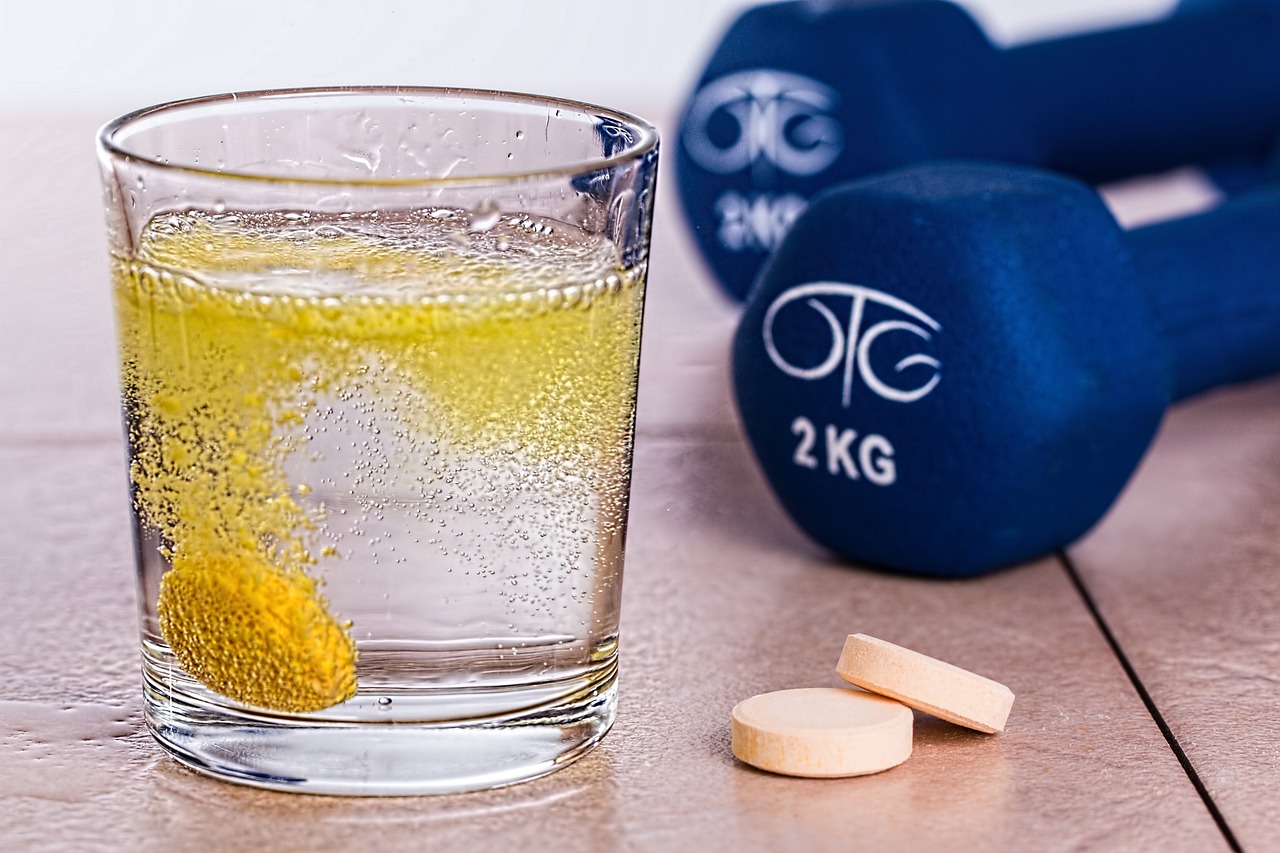Do you need a boost of energy this 2024? A healthy balanced diet, good quality sleep and regular exercise are enough to provide all your energy needs. But in today’s fast-paced world, stress, low quality sleep and your eating habits can negatively impact your energy needs. Supplements can be used if you need a boost of energy but should not replace a healthy diet.
Here are some of the best vitamins and supplements for energy.
- Vitamin B Complex
The B vitamins play an essential role in the production of energy in the body. A vitamin B complex supplement usually contains all eight B vitamins which are
B1 (thiamine), B2 (riboflavin), B3 (niacin), B5 (pantothenic acid), B6 (pyridoxine), B7 (biotin), B9 (folate), B12 (cobalamin) in one pill. The B vitamins are involved in many processes in the body such as energy production, formation of red blood cells, immune function, cell function and brain development.
Many foods are rich in the B vitamins. However, chronic alcoholism, gastrointestinal disorders, pregnancy and being vegetarian can increase your risk of B vitamin deficiency since animal foods are most commonly the best sources of B vitamins.
- Vitamin B12
Vitamin B12 plays a vital role in the production of energy from the food you eat. It contributes to the health of your nerves and blood cells. Vitamin B12 is found naturally in fish, meat, eggs, milk and poultry. Older people, vegetarians and people with gastrointestinal disorders causing malabsorption may have a vitamin B12 deficiency. Symptoms of a deficiency in vitamin B12 may include fatigue, weakness, loss of appetite and weight loss. Taking a vitamin B12 supplement has not been shown to have harmful side effects.
- Iron
Iron is an essential mineral in the body needed to produce haemoglobin in red blood cells that transport oxygen from the lungs to the entire human body. Iron plays a role in immune system function, cognitive function, energy production, and reduction in tiredness and fatigue. Foods rich in iron include red meat, green leafy vegetables, seafood, beans and nuts. People likely to be deficient in iron are pregnant women, women who bleed heavily during menstruation and vegetarians.
Excessive iron intake can, however, be toxic to the body and result in severe adverse effects. Consult with your doctor first, before taking iron supplements.
- Magnesium
Magnesium helps regulate nerve function and muscle contraction and relaxation. It also helps regulate blood glucose and blood pressure. Magnesium is required for metabolism and energy production. Magnesium supplements have been shown to improve sleep quality and ease fatigue. Symptoms of magnesium deficiency include fatigue, muscle cramps, nausea and vomiting.
Food sources of magnesium include milk, bananas, legumes, dark green leafy vegetables, nuts and whole grains such as brown rice. People with type 2 diabetes, older people, alcoholics, and gastrointestinal disorders that cause malabsorption are more likely to be deficient in magnesium. Magnesium supplements may interact with some antibiotics, diuretics and antihypertensives.
- Ginseng
Ginseng is a herb rich in antioxidants which may decrease inflammation, reduce fatigue, increase energy levels and enhance physical activity. Research shows that ginseng can boost the immune system and improve brain function like memory, behaviour and mood.
Vitamins and supplements are generally safe when used appropriately. Nevertheless, some supplements may interact with other medications, may worsen underlying medical conditions and result in harmful side effects when overconsumed. Speak to a doctor or dietician before you start taking supplements. If you are experiencing chronic mental and physical fatigue, see a doctor to rule out any underlying disease.




